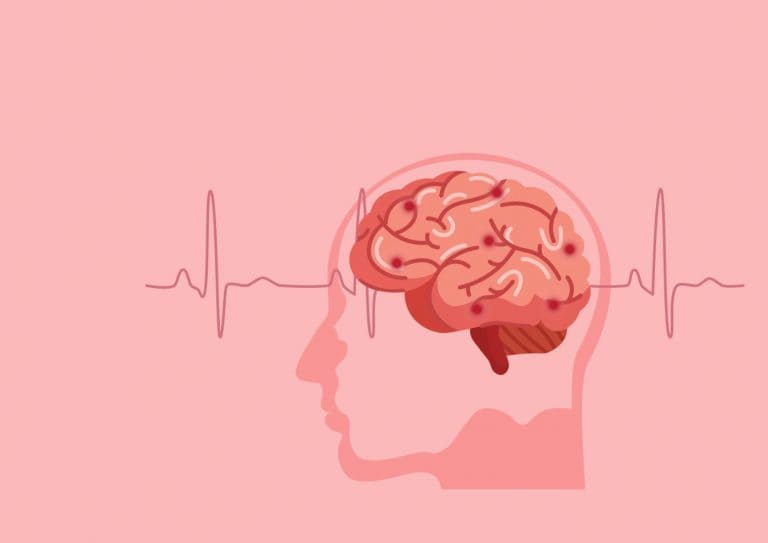Hypopituatarism – a lesser-known effect of traumatic brain injury
Our understanding as to how the brain works has developed over the years with medical research. It is an extremely complex organ and when trauma happens it can be very unpredictable as to how the injured person will be affected and what treatment they will require. The problems that can occur are generally split into three areas:
- Cognitive – relating to the mental processes of perception, memory, judgement, and reasoning.
- Behavioural – changes in behaviour for example aggression, lack of inhibition, impulsiveness or a lack of motivation or initiative.
- Physical – problems with mobility, sensory problems, fatigue, speech difficulties and in cases of severe brain injury, paralysis or spasticity.
Another area which can be affected following a brain injury which is less commonly understood is hormonal. The pituitary gland is found at the base of the brain. It is approximately the size of a pea and is attached to the brain by a thin stalk. This gland is often referred to as the master gland and is very important in that as well as producing hormones it regulates and controls the other glands in the body which produce hormones.
The pituitary gland is vulnerable to damage if someone suffers trauma to their brain given its location at the base of the brain. Damage to the pituitary gland can result in the gland failing to produce sufficient amount of hormones and this is known as hypopituitarism.
Symptoms of hypopituitarism
It is often not immediately apparent that someone has suffered damage to the pituitary gland and developed hypopituitarism. This is because the symptoms may not develop for a number of weeks, months or even years.
When the symptoms become apparent it is often the case that these can overlap with those suffered as a result of the actual brain injury and be overlooked and therefore misdiagnosed. The symptoms are often subtle and difficult to distinguish meaning treatment can therefore be delayed.
The most common symptoms of hypopituitarism are:
- Weakness
- Fatigue
- Difficulty losing weight
- Sensitivity to cold
- Reduced libido
- Irregular menstrual cycle
- Difficulty conceiving
- Facial puffiness
- Low blood pressure
- Anaemia
If you display some of these symptoms and your doctor suspects you may be suffering from hypopituitarism they can carry out blood tests to identify any abnormalities. A CT scan may also be carried out to rule out the possibility of a growth or tumour on the pituitary gland. You may then be referred to an endocrinologist – a specialist doctor who diagnoses and treats hormone imbalances. Dependant on the particular imbalance you are suffering from, the treatment should aim to return the balance to your hormone levels.
You may be prescribed hormone replacement medication. The endocrinologist will then have to monitor your hormone levels regularly to ensure the levels are kept at a normal level and hopefully ensuring normal hormonal function can resume. Medication may require adjustment to ensure the correct dosage is found and the prescribed treatment acts in conjunction with any other medication which the person may be prescribed to deal with the other symptoms of their brain injury. Hormone replacement treatment will likely be life-long if the damage to the pituitary gland is significant.
Our understanding as to the frequency at which hypopituatarism develops following traumatic brain injury is still in its early stages. We do not yet have accurate statistics to illustrate the likelihood of developing hypopituitarism following brain injury however it is beginning to become clear that it may be more common than previously thought. It is important that patients are warned prior to discharge from hospital following a brain injury to be vigilant as to the symptoms of hypopituitarism. The danger of misdiagnosis or delayed diagnosis could lead to serious consequences however, if identified, hormone replacement treatment is often very successful.
If you have any concerns that you are experiencing symptoms of hypopituitarism following a brain injury it is important that you speak to your GP or other treating doctors. The blood test is quick and easy to undertake to diagnose the condition.
If you have been diagnosed with this condition as a result of an accident, and have suffered a traumatic brain injury, then this condition ought to be taken into account when bringing your personal injury claim. If your medical team have delayed in diagnosing or misdiagnosed your hypopituitarism then you may have a claim for medical negligence.
We at Bolt Burdon Kemp are experienced in dealing with people who have suffered a brain injury due to an accident or trauma which was someone else’s fault. Our clients suffer from a range of symptoms and require an individual and supportive approach from a solicitor who understands how best to assist them. We work closely with Headway a UK based brain injury charity who offer support, advice and guidance to people who suffer from a brain injury. We are proud to be listed as one of Headway’s trusted and recommended solicitor firms for our work with brain injured clients. We work with the best medical experts and rehabilitation providers to ensure that our clients benefit from the treatment and care they require.










